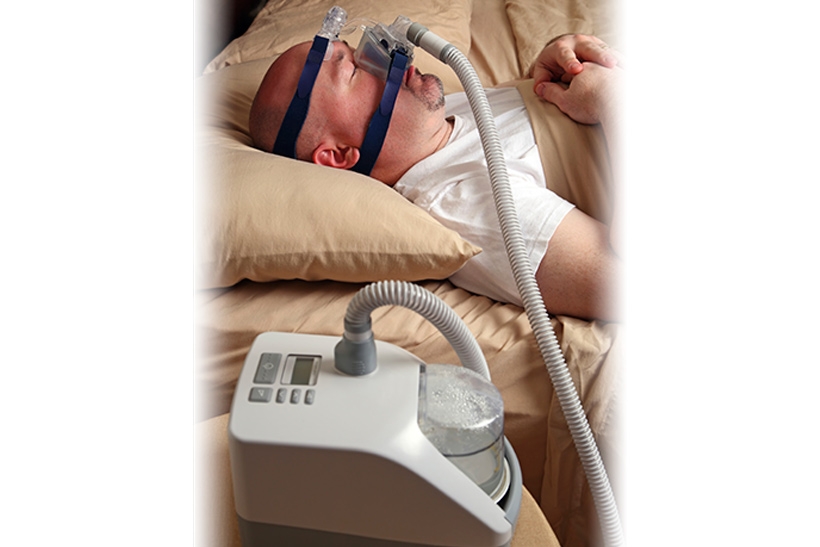Can Untreated Sleep Apnea Increase Your Risk For Cancer?
Recently, two major studies examined the association between sleep apnea and cancer, finding a correlation between sleep apnea and cancer occurrence and sleep apnea and cancer fatality.
Among the main findings:
- The more severe a patient’s untreated sleep apnea, the greater the risk of dying from cancer.
- Researchers suggest that when a person is deprived of oxygen, the body compensates by producing more blood vessels which can feed cancer cells and cause tumors to grow and spread more quickly.
- The greater the extent of oxygen deprivation, a characteristic of sleep apnea, the more likely a person would receive a cancer diagnosis.
- Those with untreated moderate sleep apnea were found to die at twice the rate of those without it, and those with untreated severe sleep apnea died at a rate of nearly 5 times those without the disease.
These studies add to the long list of consequences of untreated sleep apnea. Earlier this year, researchers from Dresden University revealed that untreated sleep apnea increases one’s risk of silent strokes and having small lesions in the brain.
Sleep apnea has a known association with other serious medical problems such as hypertension, heart failure, arrhythmias, stroke, heart attacks, and erectile dysfunction. It is also associated with chronic sleepiness, motor vehicle accidents, memory difficulties, obesity, anxiety, and depression.
“Getting tested and treated for sleep apnea can literally save your life,” said Dr. Avi Ishaaya, MD, who has been treating sleep disorders for more than 20 years.
He is board-certified in Sleep, Pulmonary, Internal, and Geriatrics Medicine and an assistant professor at UCLA School of Medicine.
“We now know that treating sleep apnea can not only help prevent the myriad cardiovascular disorders associated with it, but may even help prevent cancer. I strongly believe that the road to better health begin with better sleep.”
Dr. Yeung, a double board certified surgeon with 20 years of experience, will help you decide on the best treatment for your sleep apnea in just one consultation. Call our office to schedule your way to better health.




